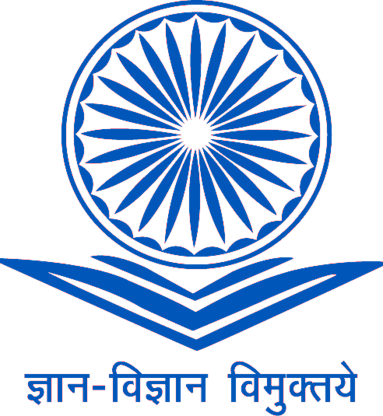Financial Administration and Public Financial Management Reforms: Lessons from India
Abstract
Public Financial Management (PFM) plays a crucial role in ensuring efficient and effective use of public resources, enhancing transparency, and promoting accountability in governance. This paper examines the financial administration reforms undertaken in India, particularly post-liberalization, highlighting key initiatives, challenges faced, and lessons learned. The objective is to draw insights from India's experience that may be relevant to other developing countries striving to improve their PFM systems. India's financial administration and public financial management (PFM) reforms have been pivotal in enhancing fiscal discipline, transparency, and efficiency in governance. Over the years, initiatives such as the implementation of the Goods and Services Tax (GST), Direct Benefit Transfers (DBT), and the Public Financial Management System (PFMS) have streamlined resource allocation and improved accountability. These reforms aim to address challenges like revenue leakages, inefficiencies in expenditure, and lack of fiscal coordination across government tiers. By integrating modern technologies and adopting global best practices, India has made significant strides in strengthening its financial governance framework. However, gaps remain in areas such as harmonizing accounting practices, enhancing local body financial management, and ensuring timely fund disbursement. This study explores the lessons learned from India's PFM reforms and their implications for achieving sustainable economic growth and equitable public service delivery.














